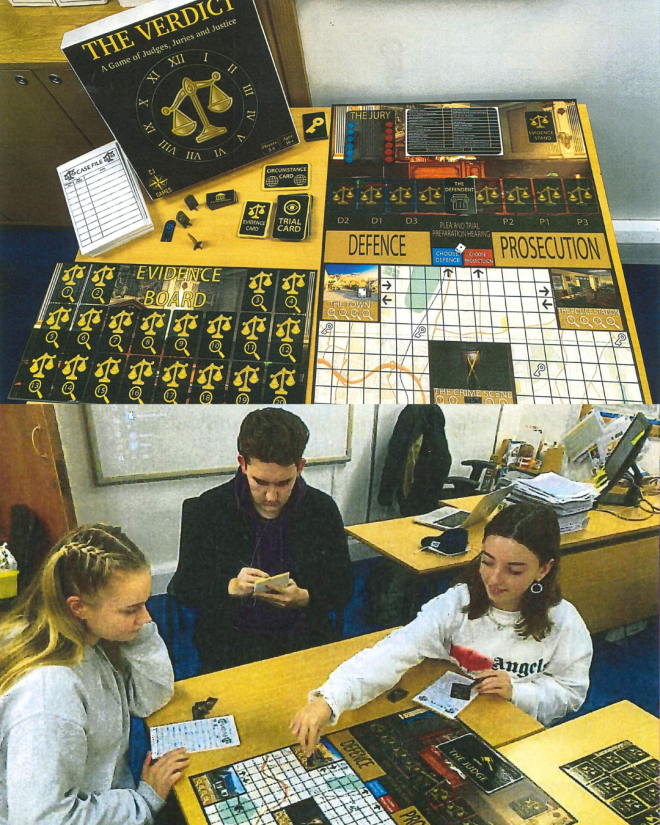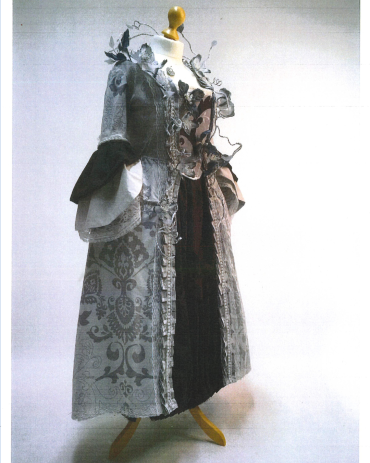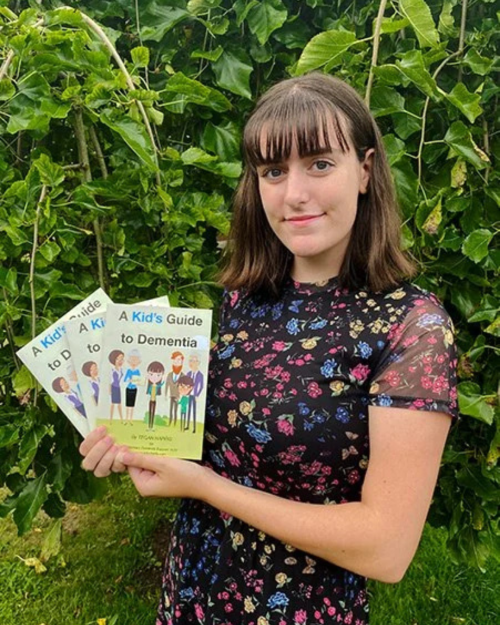Hurtwood students have always achieved first class results in the Extended Project Qualification (average 77% A* to A in the last ten years), but in 2025 every student taking the EPQ was awarded an A* or an A. The qualification enables students to develop their academic interests beyond A Level and helps them to become more critical, reflective learners. The skills acquired are invaluable as students develop their problem-solving ability and learn how to undertake rigorous research. Our EPQ Coordinator Jane Collier stated “Over the years I have witnessed first-hand what a wonderful qualification the EPQ really is. Students become more independent learners and develop transferable skills in academic research that help them with their university degrees and in their future careers.”
Research for an EPQ has helped our students get into the best courses at the top universities. A project on why people have phobias of fish helped one of our first ever EPQ candidates to gain a place to study Experimental Psychology at Oxford University and this success continues. In 2025 Zaria’s project on ‘How do Palestinian and Israeli female poets use literature to communicate their internal psyche and external zeitgeist?’ helped her gain a place to read English at Cambridge University. The range of EPQs at Hurtwood has always been extremely wide. Outstanding projects this year included:
- Which language: English or Mandarin, has been more effective in evolving to adapt to different cultural contexts?
- Writing an Artificial Neural Network to predict if Someone Has Diabetes.
- Is it possible to synthetically modify Titan’s atmosphere to make it habitable for Sanionia uncinata using true terraforming?
Titles have included projects in the fields of English Literature, Economics, Business, Languages, Psychology, Politics and Science. The variety has been breathtaking and these illustrate the range:
- Was the Bloomsbury Group's greatest legacy The Hogarth Press and were they deserving of their 'seminal' reputation?
- To what extent does music have a psychological impact on the listener?
- Could the parasitic tapeworm ever be used as a solution for obesity in the UK?
- How successful were Malaysia’s affirmative action policies from 1971 to the present?
- What factors limited the success of Quantitative Easing in the UK?
Many students produce artefacts for their EPQs, and these have been equally empowering. Cameron, who created a board game called ‘The Verdict’ to teach sixth formers about how laws will affect them as they become young adults, is now reading Law and Spanish at Oxford University. Similarly, Ryan whose EPQ on designs for costumes for a theatre production of ‘Bluebeard’ set in the 18th Century went on to study ‘Performance Costume’ at Edinburgh University.
Some of Hurtwood’s EPQ artefacts have even been adopted by the real world. Tegan’s creation of an interactive book to help children understand Dementia and better interact with those who have the condition is now recommended by the ADS (Alzheimers Dementia Support) and can be purchased through their website. Thanks to Tegan’s EPQ more children understand what they may experience when a loved one is diagnosed with the condition. Books and educational artefacts have been popular such as Shannon’s illustrated book educating young children on oceanic environmental issues and Hannah’s educational resource to improve the recycling habits of sixth formers.
Part of the EPQ process is that students must give a presentation on their work answering questions from the audience. Jane reflects that this is her favourite time of the school year “The variety of topics, quality of research, depth of analysis and sheer enthusiasm of the students is a real pleasure to witness. Over the years, we have seen a huge range of inspiring and in some cases transformational projects - the excellent grades are a just reward for all their hard work”.



